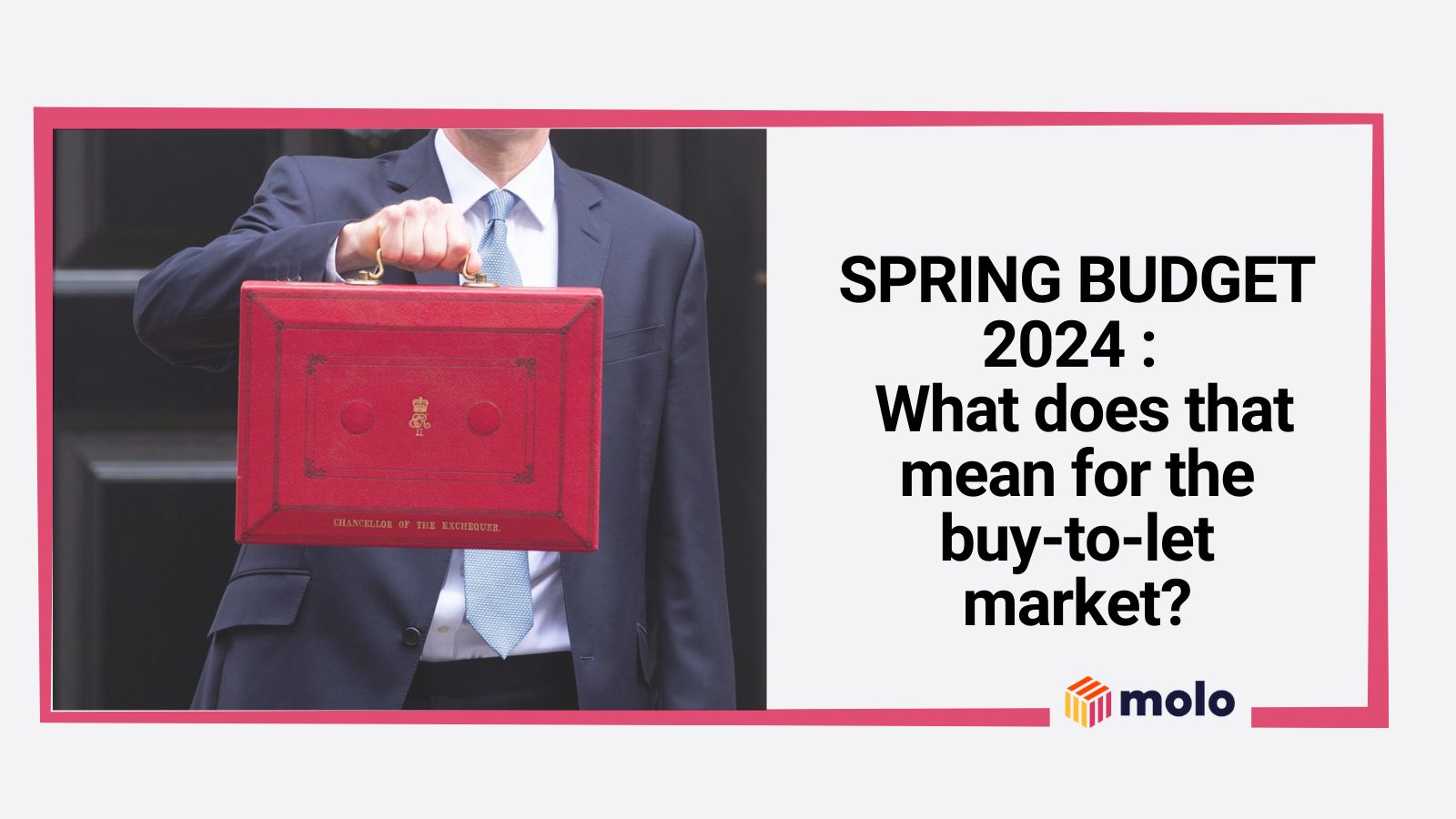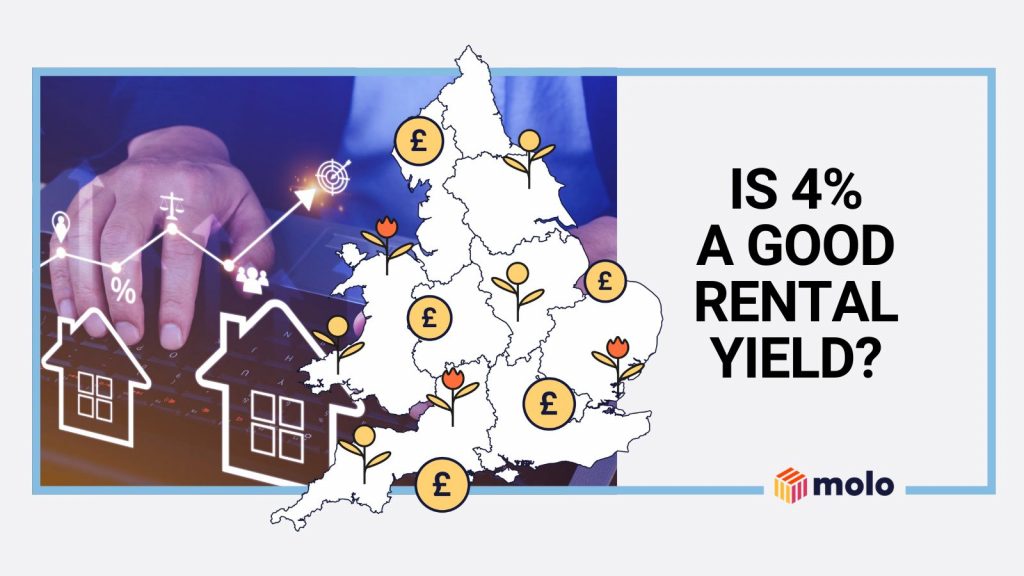The latest budget announcement from the government contained several policies that will directly impact buy-to-let landlords and investors. As the buy-to-let sector continues playing a vital role in the UK’s housing market, any legislative changes can have significant knock-on effects. Here, we look at the outcome of the latest budget and how it relates to buy-to-let.
Changes to capital gains tax
One key measure impacting buy-to-let investors in the 2024 budget is a reduction in the higher capital gains tax (CGT) rate on property sales. The rate has been cut from 28% to 24% for any non-primary residences like buy-to-lets, second homes and holiday lets.
This change only applies to higher and additional rate taxpayers, with the basic 18% CGT rate remaining in place for lower earners. The government hopes the lower rate will incentivise more property sales by landlords and second homeowners, with the aim of increasing overall tax revenues through higher transaction volumes.
For buy-to-let landlords considering selling, the 4% reduction in CGT could make a meaningful difference, especially on highly appreciated properties. However, the tax implications still need to be weighed against other factors like rental yields and capital growth projections.
Furnished holiday lettings regime scrapped
Another significant change announced in the budget is the upcoming abolition of the Furnished Holiday Lettings (FHL) tax regime from April 2025. This specialised regime previously provided certain tax benefits for landlords renting out holiday let properties on a short-term basis.
Key advantages being removed include the ability to deduct mortgage interest costs from rental income, as well as potentially paying lower capital gains tax rates upon selling an FHL property. The government aims to disincentive short-term holiday lets in favour of long-term rentals to improve housing availability.
For buy-to-let investors currently using the FHL regime, this represents a fairly major shake-up. Those with holiday let properties will need to crunch the numbers factoring in higher tax liabilities from 2025 onwards. Some landlords may opt to transition holiday lets to longer-term rental models as a result of the tax changes.
VAT registration threshold
A measure that will impact some buy-to-let operators is the increase in the VAT registration threshold from £85,000 to £90,000, taking effect in April 2024. While residential rental income is exempt from VAT, this change is relevant for landlords with holiday accommodation properties.
Holiday lets are treated differently from long-term rentals from a VAT perspective. With the higher £90,000 threshold, landlords earning up to this amount from holiday let bookings can continue operating without needing to register for and charge VAT.
For smaller operators under the new threshold, this provides a bit more flexibility and avoids the administrative burden of VAT registration. Larger holiday accommodation businesses earning over £90,000 will still need to register and account for VAT on their rental income.
The increase tracks with inflation and brings the VAT registration level back in line with its intended cap for smaller businesses after a period of being frozen. It offers a modest VAT simplification for some buy-to-let holiday operators depending on their level of bookings.

80 LTV mortgages
- Borrow up to 80% of the property’s value
- Get a mortgage as an individual or limited company
- An online mortgage application that takes place entirely online.
Multiple Dwellings Relief (MDR) Abolished
Buy-to-let landlords seeking to expand their property portfolios will also be impacted by the scrapping of Multiple Dwellings Relief (MDR) from June 2024 onwards. This relief previously allowed investors to receive discounts on stamp duty land tax when purchasing multiple residential properties in a single transaction.
The elimination of MDR closes off what was a valuable opportunity to make stamp duty savings when buying several dwellings at once, something which appealed to landlords looking to quickly grow their buy-to-let holdings. Without MDR, purchasing properties individually will incur higher upfront stamp duty costs.
This change could make acquiring multiple new investments more expensive for landlords in the short term. However, it brings the stamp duty rules in line with the higher 3% surcharge already levied on the purchase of any residential properties beyond your main home. Ultimately, portfolio landlords will need to factor in the loss of this relief when crunching the numbers on future acquisitions.
Final thoughts: The good, the bad and the ugly
While the reduction in higher rate capital gains tax on property sales will be welcomed, the 2024 budget contained several policies that buy-to-let landlords will need to carefully navigate. The scrapping of the Furnished Holiday Lettings regime and abolition of Multiple Dwellings Relief represent significant changes, especially for those operating holiday accommodation or looking to grow their portfolios through multiple property purchases.
On a more positive note, the increased VAT registration threshold provides a bit of administrative simplification for smaller holiday let operators. The overall emphasis, however, appears to be on reining in certain tax advantages previously available to landlords.
Therefore, it becomes even more important for investors to make the most of their buy-to-let financing and not overstretch themselves. This starts with securing a suitable mortgage product that aligns with their investment strategy and goals.
At Molo, we offer a range of buy-to-let mortgage options across single lets, HMOs, multi-unit blocks, holiday rentals and for overseas investors. Visit our site to explore our latest rates and see if there’s a buy-to-let mortgage to meet your needs as a landlord.

80 LTV mortgages
- Borrow up to 80% of the property’s value
- Get a mortgage as an individual or limited company
- An online mortgage application that takes place entirely online.



